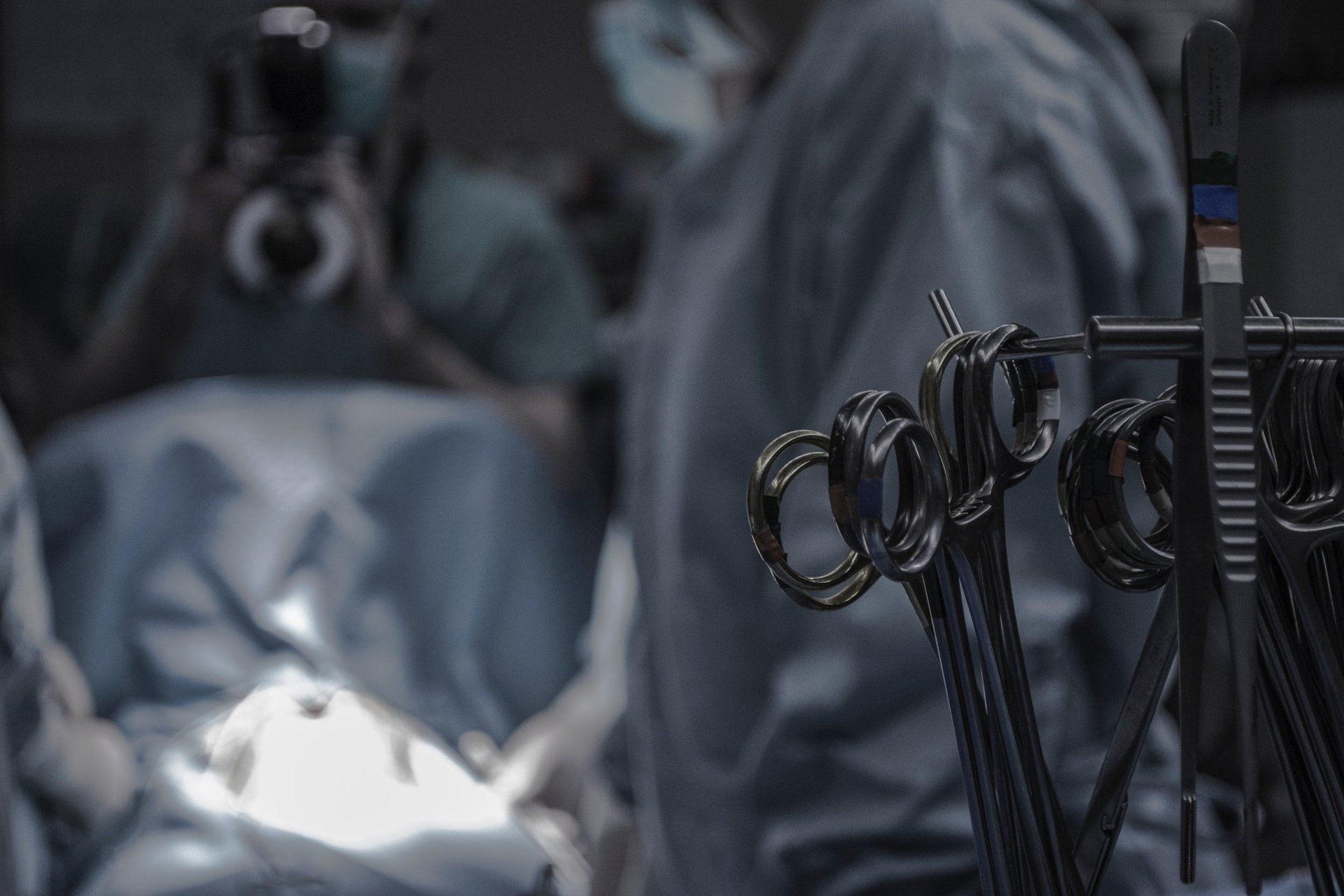While
surgical centers may present benefits with regard to patient convenience and
cost-savings, patients should be aware that these benefits come with increased
risks to their safety. A lack of
regulations and treatment delays could lead to even routine procedures causing
a lifetime of suffering.
At the Law
Office of Alvin F. de Levie & Associates, our team of experienced personal
injury attorneys has a history of representing victims of medical malpractice
and surgical errors throughout the Commonwealth. If you or a loved one has suffered a
catastrophic injury as a result of medical negligence at a surgical center, please
call us, 24 hours a day, seven days a week, at (844) 777-2529. We practice throughout Central and Western
Pennsylvania and, with offices in State College, Bellefonte, Lock Haven and
Philadelphia, we are always available to meet with you in person.
Surgery
centers (sometimes referred to as ambulatory surgery centers, outpatient
surgery centers, or same-day surgery centers) are medical facilities where
patients receive surgical procedures that typically would not require an
overnight stay at a hospital. Because
the surgeries performed at these centers are not supposed to be complicated and
do not require inpatient hospitalization, the costs associated with these
surgeries are often far less than if they had been performed in the hospital
environment.
The reduced
costs and quick turnaround associated with surgery centers has significantly
increased their popularity, especially amongst health insurers and politicians
eager to find ways to reduce increasingly out-of-control healthcare costs. The number of surgery centers are increased
rapidly: there are currently 5,596 Medicare-certified surgical centers in the
United States, 244 of which are here in Pennsylvania. By contrast, there are 5,564 registered
hospitals in the United States.
While the
ability to perform same-day surgeries at much lower costs seems like a dream
come true, in the current healthcare environment, several factors unique to
surgery centers pose an increased risk to patients:
- Lack
of Regulation: Unlike
hospitals, which have traditionally been subject to a host of regulations
geared toward patient safety, regulation of surgical centers has been lax. Medicare and Federal and State government
entities have been afraid of burdening surgical centers with too many
regulations for fear of increasing costs.
Recent reporting by The Scientific American and USA Today have highlighted the fact that most surgery centers are not subject to the same
reporting requirements as hospitals.
Therefore, most of them do not report data on infection rates, hospital
transfers, or even deaths to Federal or State Authorities. The lack of reporting leads to a lack of
information for healthcare consumers, who may elect to have surgical procedures
at a surgery centers without being able to determine the risks of infection,
complications or death posed by a given center.
- Increasingly
Risky Surgeries:
Surgery centers were initially focused on providing relatively routine and simple
surgeries, such as tonsillectomies, retina repairs, and colonoscopies with
biopsies. However, the surgeons who own
these facilities and the organizations that represent them on the political
stage have been eager to expand the kinds and numbers of surgeries they perform
to increase profits. State and Federal regulators have been all too happy to
oblige and to allow risky surgeries, including complex spine surgeries. Due to the “same-day” nature of these surgical
centers, many patients receiving more complex surgeries are being sent home
before they are ready, causing serious complications and even death.
- Discrepancies
in Access to Hospital Care:
While most surgical centers are required to have an agreement for the transfer
of patients to local hospitals in an emergency, a patient’s life may well
depend on where the surgery center is located.
In a recent report by the Kaiser Health Network, it was found that, in
some rural areas, the nearest hospital may be over 15 miles away from the
surgical center. While other centers may be closer to
hospitals, it can sometimes take up to a half-an-hour for an emergency patient
to finally be transferred to a hospital once 911 has been called. In either case, the delay in care places
patients who have suffered a surgery gone wrong or medical error at a much
higher risk for serious complications and death than if they had their surgery
performed at the hospital.
Again, if
you or a loved one has suffered a catastrophic injury as a result of medical
negligence at a surgical center, please call us, 24 hours a day, seven days a
week, at (844) 777-2529. We practice
throughout Central and Western Pennsylvania and, with offices in State College,
Bellefonte, Lock Haven and Philadelphia, we are always available to meet with
you in person.






























